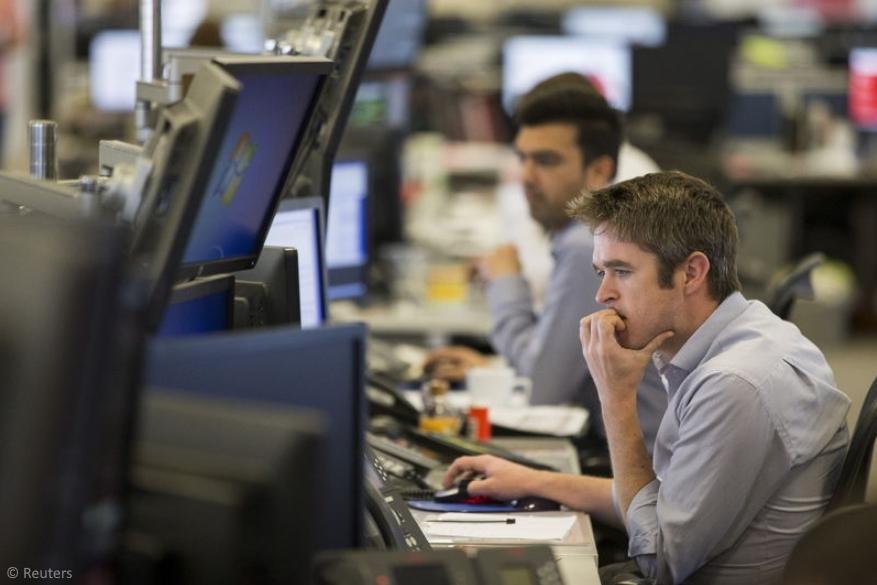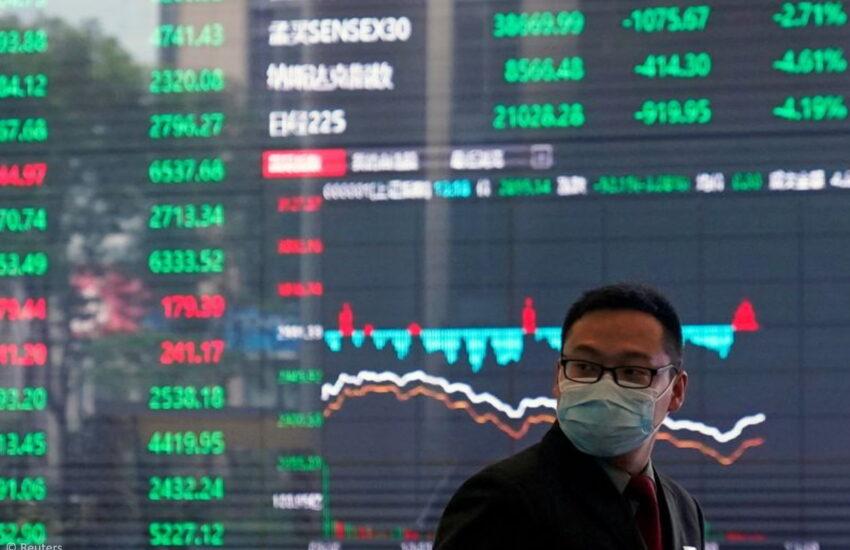Why the Collapse of US Banks is Good News for the Stock Market?
The recent sharp decline in regional US bank stocks has raised concerns in the market that a domino effect could occur, creating additional risks for the financial sector. However, this may actually be good news for the stock market in the long run. Analysts believe that more banks will likely go bankrupt in the near future, even if the events of the last few days do not result in a repeat of the Lehman collapse. This is based on a loss of consumer confidence in many regional banks, leading to a sharp drop in the stocks of several firms during yesterday’s session.
Meanwhile, US Treasury Secretary Janet Yellen and President Joe Biden have announced that the government is prepared to allow the bankruptcy of several financial institutions and their shareholders. The rescue plan was designed for two banks, SVB and Signature, in the hope that it will not be necessary for many other banks, which would pose a risk to uninsured depositors in other banks.
The issue is not that other banks will not face the same problems as SVB, but rather that a higher interest rate leads to risk-free government bonds yielding higher returns. SVB invested in long-term treasury obligations and other fixed-income securities, such as mortgages, despite the Federal Reserve warning last year that rates were rising. For a bank with $200 billion in capital, the lack of control over interest rate risk is simply staggering.
However, on the other hand, recent events may be favorable for the stock market, as a softer Fed policy and a rate hike of only 25 basis points rather than the expected 50 basis points is precisely the “bullish” signal that investors needed to ease the pressure that led to the banking crisis. With reduced expectations of a rate hike in March, the US can avoid the domino effect and mitigate most of its losses, despite the pressure on bank stocks.




